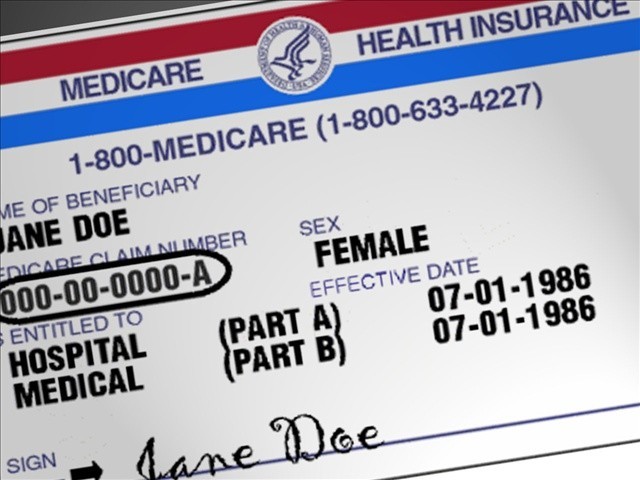The three classes of drugs - widely used antidepressants, antipsychotics and drugs that suppress the immune system to prevent the rejection of a transplanted organ - have enjoyed special "protected" status since the launch of the Medicare prescription benefit in 2006.
That has meant that the private insurance plans that deliver prescription benefits to seniors and disabled beneficiaries must cover "all or substantially all" medications in the class, allowing the broadest possible access. The plans can charge more for costlier drugs, but they can't just close their lists of approved drugs, or formularies, to protected medications.
In a proposal published Friday in the Federal Register, the administration called for removing protected status from antidepressants, antipsychotics, and immunosuppressant drugs. The proposal said that status it is no longer needed to guarantee access, would save millions of dollars for taxpayers and beneficiaries alike, and could help deal with the problem of improperly prescribed antipsychotics drugs in nursing homes.
But advocates for patients are strongly criticizing the idea, saying it could potentially limit access to critically needed medications for millions of people.
"We are disturbed by this," said Andrew Sperling, legislative advocacy director for the National Alliance on Mental Illness. "This is a key protection. It's a cornerstone of what has made the benefit work for people with mental illness."
Sperling said that patients with mental health issues often have to try a variety of drugs before they find the right one for their condition. He questioned whether the change would help crack down on the problem of improperly prescribed antipsychotics, saying it amounted to a blunt instrument.
The National Kidney Foundation also voiced worries. Legislative policy director Tonya Saffer said transplant patients often depend on combinations of medication, so having the broadest possible choice is crucial.
"Covering all immunosuppressant drugs is very important for the patient and very important to protect the transplanted organ from rejection," Saffer said.
The proposal could lead to "patients having to go through multiple channels to try and get a drug," which would put patients at risk, she added.
In the proposal, the administration said the new policy was developed after careful consultation with a broad range of experts. The three other types of drugs that have protected status - for cancer, HIV/AIDS and preventing seizures - would remain protected. If adopted in the coming months, the new policy could take effect as early as 2015.
The administration estimates it could save the taxpayers a total of $720 million by 2019. Beneficiaries may also be able to save. That's because the drug plans can drive a harder bargain for manufacturer discounts when a drug is not protected.
"The circumstances that existed when this policy was originally implemented have changed dramatically in the more than seven years the program has been in operation," the Centers for Medicare and Medicaid Services said in its proposal.
"We are concerned that requiring essentially open coverage of certain classes and categories of drugs presents both financial disadvantages and patient welfare concerns ... as a result of increased drug prices and overutilization," the proposal added.
A leading industry analyst said the proposal would represent a significant change for Medicare's prescription benefit, which is highly popular with beneficiaries.
"It is a weakening of a patient protection," said Dan Mendelson, CEO of Avalare Health, a market analysis firm.
"I'm not sure that Medicare saves money from this kind of a change," he added. "Other elements of the program may have a cost increase if people are not using medications in the right way."

http://accesswdun.com/article/2014/1/269782
